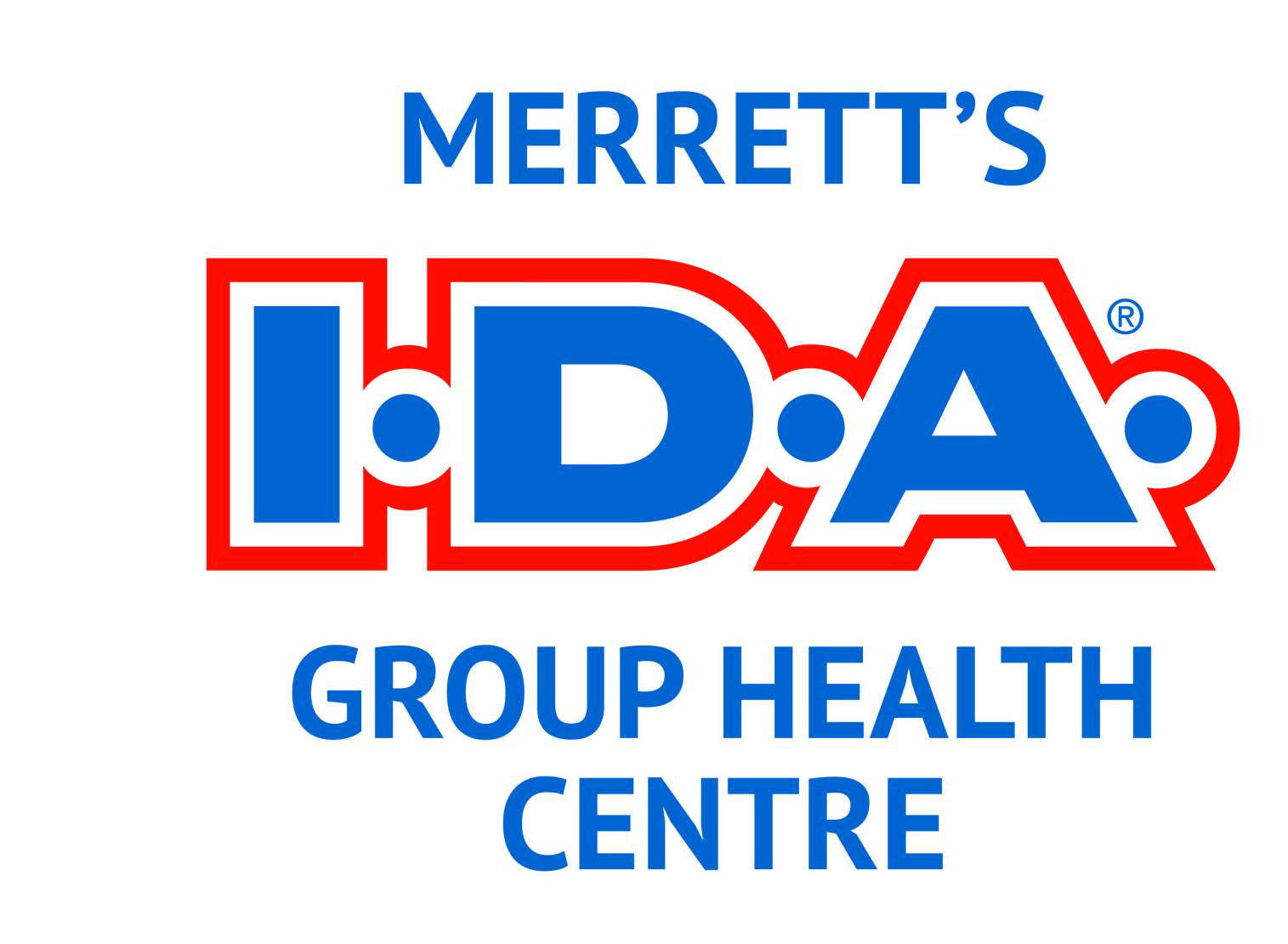Vitamin D
VITAMIN D: ONE FOR ALL, ALL FOR ONE!
- ROLE OF VITAMIN D
Vitamin D plays an essential role in bone health by facilitating the absorption of calcium. Plus, it also helps maintain muscle health and reduce the risk of fractures caused by falls.
A number of studies have suggested that it may also reduce the risk of certain diseases such as diabetes, multiple sclerosis, and some cancers.
- VITAMIN D AND SUNSHINE
The body produces vitamin D when skin is exposed to the sun. However, in Canada, during the long winter months, the sun’s rays are not strong enough to trigger this reaction.
Since the body is able to stockpile this vitamin, in an ideal world, it would produce enough vitamin D during the summer to meet its needs during the months when it doesn’t produce any.
However, there are several factors that can prevent the body from building up sufficient reserves of vitamin D:
- Sunscreen: By effectively protecting skin against the harmful effects of the sun, sunscreens reduce the skin’s ability to produce vitamin D.
- Aging: As we age, our skin gradually loses its ability to produce vitamin D.
- Very low exposure to the sun, even in summer: Some people who are ill or elderly, and even some workers, may rarely, if ever, be exposed to the sun.
- DIETARY SOURCES OF VITAMIN D
It is not easy to meet the recommended daily intake of vitamin D through your diet, because very few foods actually contain it.
Vitamin D is found in oily fish (e.g., salmon and sardines), egg yolks, and vitamin D–enriched foods like dairy products, margarine, certain plant-based beverages, and some orange juice brands.
- SHOULD I TAKE A SUPPLEMENT?
Due to our climate, the importance of protecting skin against the harmful effects of the sun, and the low levels of vitamin D in our foods, many Canadians are at risk of vitamin D deficiency. For this reason, many experts, including Osteoporosis Canada, recommend that most adults take a daily vitamin D supplement.
The recommended daily intake of vitamin D varies depending on age and the individual’s risk of osteoporosis:
- Healthy adults age 19 to 50: 400 to 1,000 IU per day
- Adults age 19 to 50, at high risk of osteoporosis: 800 to 2,000 IU per day
- Adults over 50: 800 to 2,000 IU per day
If a supplement is required, the person’s dietary intake should be estimated to establish the correct daily dose.
Since they tend to be out in the sun more, and since they generally consume dairy products on a daily basis, healthy children (with the exception of breastfed babies) do not usually require vitamin D supplements.
- CHOOSING THE RIGHT SUPPLEMENT
Vitamin D supplements are sold either as a standalone supplement, in combination with calcium, or as a multivitamin. There are various forms of vitamin D. Vitamin D3 is preferable, as it is more readily absorbed by the body.
If you are unsure about your vitamin D requirements, or if you need help choosing the right supplement, ask your pharmacist.
